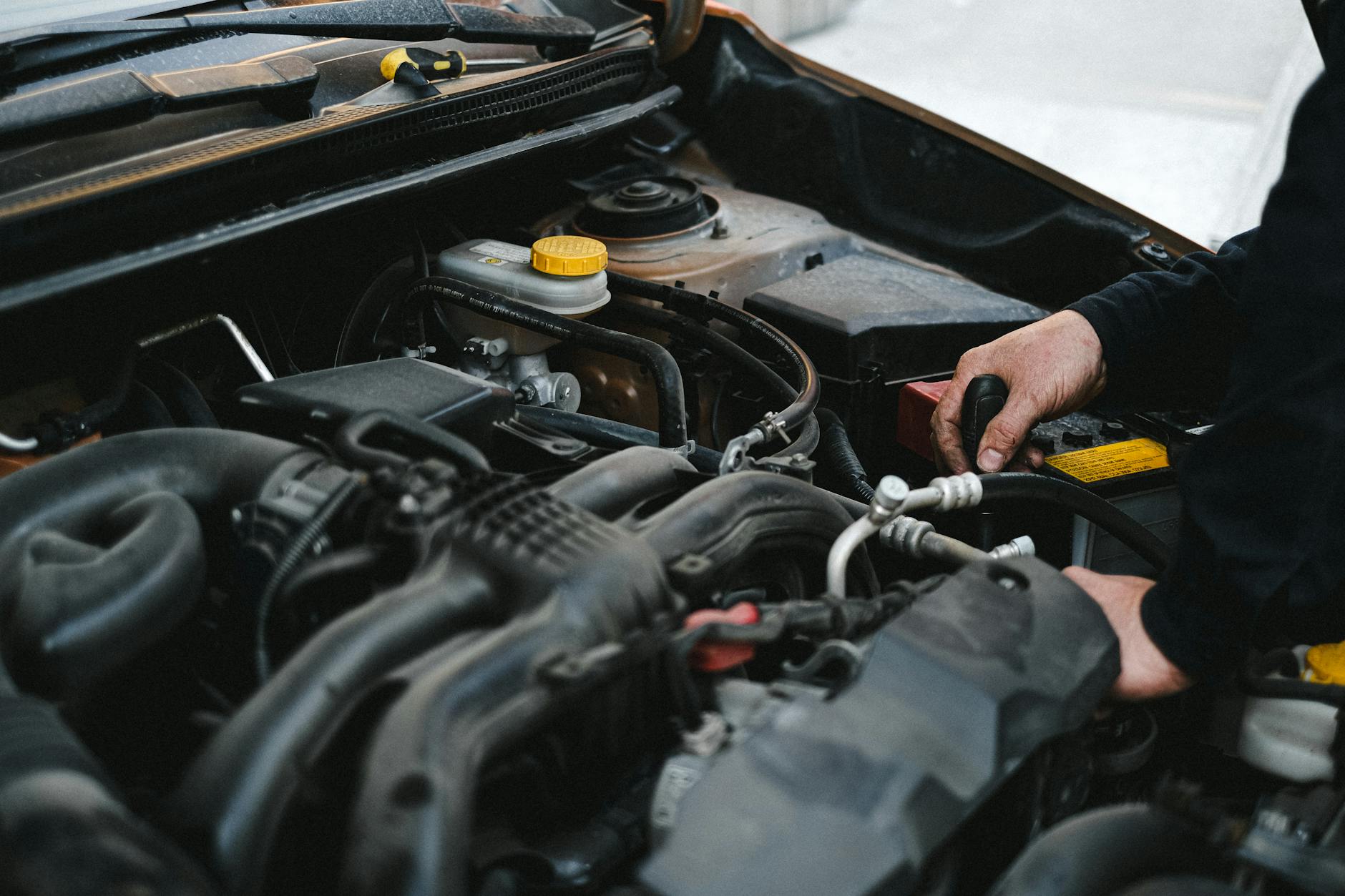
Mastering Mechanics: Your Guide to Diagnostic Tools and More
Unveiling the World of Automotive Maintenance
When it comes to keeping your vehicle running smoothly, understanding the intricacies of mechanics is crucial. From routine tasks like oil changes to more complex procedures such as transmission services, every aspect plays a pivotal role in ensuring your car's longevity and performance. In this guide, we delve into the realm of diagnostic tools and essential services that form the backbone of proper engine maintenance.
The Symphony of Maintenance: Engine Repair and Beyond
Your car's engine is akin to the heart of a welloiled machine, propelling you forward with each turn of the key. However, even the most robust engines require occasional care and attention. Engine repair encompasses a wide array of tasks, from replacing wornout components to finetuning intricate mechanisms. Whether it's a subtle hum or a persistent rattle, being attuned to your engine's sounds can help you identify potential issues early on. With regular maintenance and timely repairs, you can ensure that your engine remains the powerhouse it was designed to be.
Maintaining your vehicle involves more than just addressing emergencies—it's about establishing a proactive approach to upkeep. Services like oil changes, tire rotations, brake checks, and wheel alignments form the cornerstone of preventive maintenance. Neglecting these routine tasks can lead to accelerated wear and tear, compromising your safety on the road. By adhering to a regular maintenance schedule, you not only prolong the lifespan of your car but also minimize the risk of unexpected breakdowns.
The Comprehensive Guide to Vehicle Maintenance
In the fastpaced world of automotive care, staying informed is key to preserving your vehicle's performance and reliability. Here's a breakdown of essential services that should be on every car owner's radar: | Service | Description | ||| | Brake Service | Ensures optimal braking performance and prevents safety hazards | | Suspension Check | Evaluates the condition of shocks and struts for a smooth ride | | Transmission Service | Maintains the efficiency of your transmission system | | Exhaust System | Inspects and repairs components to reduce emissions and enhance performance | | Battery Replacement | Replaces wornout batteries for consistent starting power | | Electrical Diagnostics | Identifies and resolves electrical issues for seamless operation | | Car Detailing | Enhances the visual appeal of your vehicle with thorough cleaning and polishing | Each of these services plays a vital role in keeping your car in top condition, safeguarding both your investment and your wellbeing on the road.
Mastering the art of mechanics involves more than wielding a wrench—it requires a deep understanding of your vehicle's needs and a commitment to regular maintenance. By familiarizing yourself with diagnostic tools and essential services, you can take charge of your car's health and enjoy a smoother driving experience.
1. Why is regular maintenance important for my vehicle? Regular maintenance helps prevent costly repairs, extends the lifespan of your car, and ensures optimal performance on the road. 2. How often should I get my vehicle inspected? It's recommended to have your vehicle inspected at least once a year or as per the manufacturer's guidelines. 3. What are the signs that indicate my car needs immediate attention? Unusual noises, warning lights on the dashboard, decreased performance, and unusual odors are all red flags that warrant a visit to the mechanic. 4. Can I perform basic maintenance tasks on my own? While some tasks like checking fluid levels and changing wiper blades can be done at home, complex repairs should be entrusted to professional mechanics. 5. What are the benefits of using diagnostic tools for car maintenance? Diagnostic tools provide accurate insights into your vehicle's health, enabling quick identification and resolution of issues before they escalate.
Diagnostic tools
Brake service
Wheel alignment